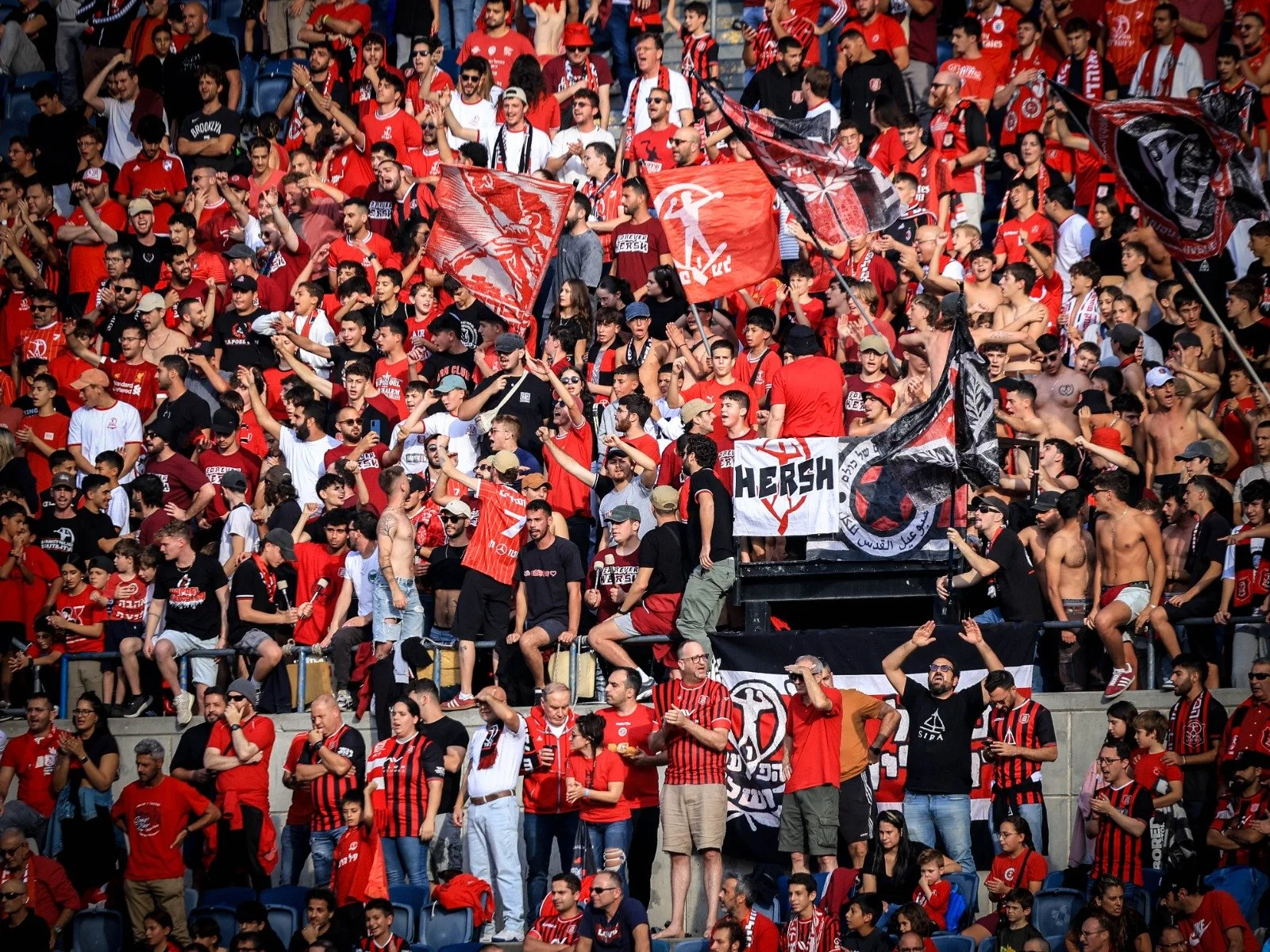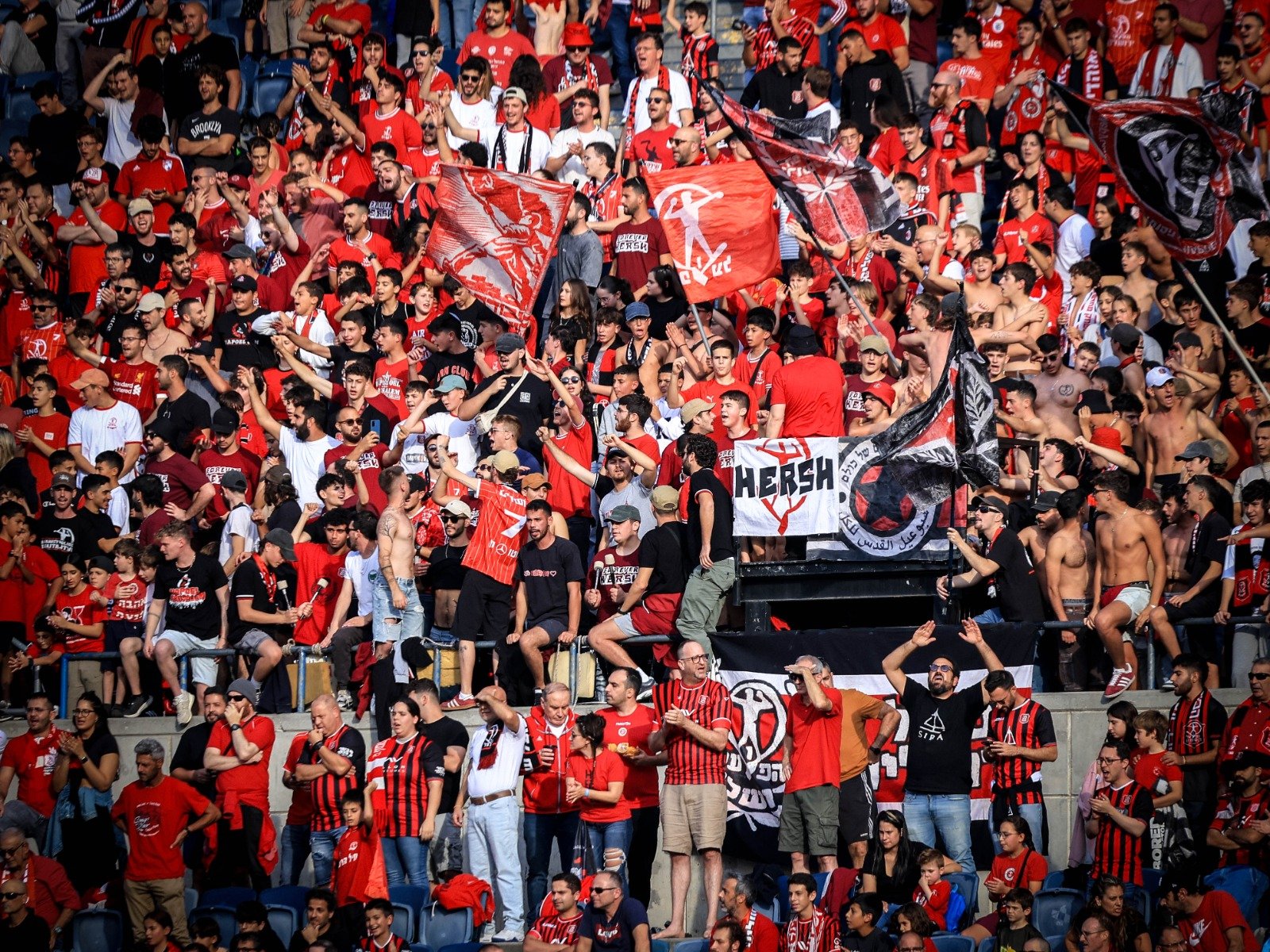Maccabi Haifa and Hapoel Jerusalem met on Friday for a Ligat Ha’al matchday 10 fixture, in the Capital’s Teddy Stadium.
For an outsider looking, it might seem like a regular and routine game, but it was far from it. This matchup served as a small piece of history for the local scene - the return of a Friday game.
For nearly 16 years, the Israeli Premier League hasn’t held a game on Friday, the first day of the weekend in the Jewish calendar. The last such occasion was on December 12th 2008, when Maccabi Netanya and Bnei Sakhnin settled for a 1-1 draw.
Historically, Friday games in the top division weren’t a rarity. From 1985 until 2002, there were more than 10 such fixtures each season, with some even holding more than 30 games - an average of one per gameweek.
But slowly and gradually, it became less common and Friday afternoon was kept as the main slot for Israel’s second division and other lower leagues. The top flight had Saturday, Sunday and the main match on Monday eve.
The reasons for the disappearance of the Friday slot vary, with the main one being the proximity of the game’s ending time to the entrance of Shabbat in the winter months, which made it more difficult for religious fans to attend. In summer months, the hot temperatures provide an additional obstacle. Additionally, local organizing bodies and broadcast rights owners preferred to create maximum separation between the top division and lower leagues, for marketing and financial purposes.
However, there was always a demand for the return for the Friday slot, along with the Saturday afternoon slot which was also neglected. Fans routinely complained about the Sunday and Monday slots, two regular workdays, due to the heavy traffic, late arrival back home and the lack of opportunity to bring kids and involve the younger generation with the clubs.
So how did a Ligat Ha’al game suddenly get a Friday slot? The answer lies, naturally, due to implications of the current war in the region. As the Haifa area is heavily bombed by Hezbollah in recent months, the two city teams cannot host games with crowds.
To deal with that, teams from the north recently attempt to “flip” hosting duties with teams from areas without crowd limitations. Jerusalem is one of those cities, and local Hapoel agreed to the creative solution. However, Teddy Stadium is already booked for a Beitar Jerusalem game on Saturday. Hapoel therefore insisted on a Friday slot, instead of Sunday, to appease their fans - and the request was approved.
This is not the only unusual occurrence in Israeli football since the start of war, as in recent weeks Maccabi Haifa and Maccabi Tel Aviv hosted games in stadiums in Be’er Sheva, Ashdod and Jerusalem - only to let as many fans as possible attend their home games.
The excitement of a Friday game was already felt on the way to the stadium and around it, with people being able to enjoy a surprisingly sunny November day in Jerusalem with early kick off football, and most importantly - with many kids, with no school or late bedtime to worry about.
Although, this time around, a 3 pm kickoff was not favorable for the religious community with shabbat entering at 4:03, which might have caused a slight dip in attendance, with an official figure of 12,576. However, a precedent was created and an opening for future Friday games is now a fact.
It is only fitting the match itself ended in a dull 0-0 draw, with both teams unable to get into their normal flow. Hopefully, that can only improve in the future.
On the contrary, the in-game music decision was on its A-game, as “Friday I’m in Love” by The Cure was played at half time, summing up the general mood surrounding the game.
Photos: Shaul Greenfeld





